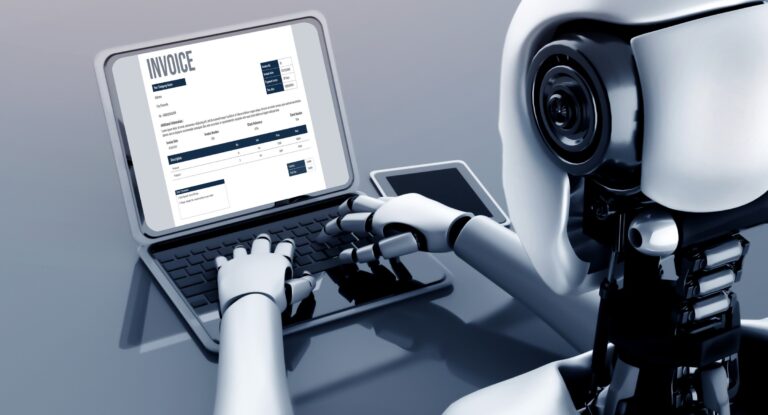And while there is no getting around the fact that being in such a position is difficult, there is a wide range of opportunities out there for bringing in some income while you pursue your next full-time occupation. From utilizing your skill set to preparing for interviews to trying out freelancing, here are some tips for making and saving money in the process.
1. Consider your skills, interests, and personality.
The first step toward adding income is to assess your hard and soft skills. List your hard skills, which are the specific, teachable skills you’ve learned throughout your career via training, education, and on-the-job experience. This could include anything from accounting and technical skills to marketing and management skills. Then, list your soft skills, which are more subjective and may include your ability to communicate, stay motivated, work in teams, and so on.
Also, think about your interests. Sure, money is money, especially when you’re just needing to make ends meet. But if you first look for opportunities related to your interests, there’s a chance you could find something that you enjoy and leads to full-time employment or other opportunities down the road.
And don’t forget to factor in your personality. Do you like talking to people, or would you rather do something that doesn’t require you to use too many interpersonal skills, such as data entry or freelance writing? Considering your skills, interests, and personality can give you a strong foundation for your job search so that you don’t risk investing a lot of time and money into something that ends up costing you in the end.
2. Don’t rule out new industries.
While considering the above qualities can help direct you in finding the right kind of work, it doesn’t mean that there isn’t something outside of your skill set, interests, and personality that could prove to be a great opportunity. For instance, insurance is known for being an excellent industry for part-time and full-time work. Not only does it allow you to work from home, but the pay is typically decent as well.
Research sites like Indeed to find the best insurance companies to work for. That way, you can read reviews of companies like Lincoln Heritage Life Insurance from people who actually work there.
3. Be prepared.
Whatever job opportunities you find, you will want to make sure you are well-prepared for interviews with potential employers and meetings with potential clients. Along with researching each company/client, anticipating potential questions, and undergoing other methods of preparation, be sure to have a nice outfit or two in line. When shopping at retailers like Old Navy or QVC, it’s easy to find quality clothes that will fit into your budget. And if you use coffers, coupons, and promo codes through Rakuten, you can deepen your savings even more.
4. Look into freelancing.
Along with considering new industries that can provide solid work, another option is to stay within your field as a freelancer. This would allow you to do work you’re familiar with while choosing the projects you take on and the companies you work for.
Not only does freelancing provide you with more flexibility and freedom, but it also means that there may not be as much of a learning curve compared to doing something that’s completely foreign to you. Plus, you would likely save money since you would already have many of the tools necessary to fulfill your daily duties.
Being between jobs is a hard place to be, but there are opportunities out there for the taking. Start by assessing your skills, interests, and personality but remain open to opportunities in unfamiliar industries. Also, make sure you are always prepared for interviews and meetings, and consider becoming a freelancer in your field of expertise. Most importantly, try to maintain a positive perspective and keep pushing forward, even when it’s especially challenging.
Written by Elena Stewart



